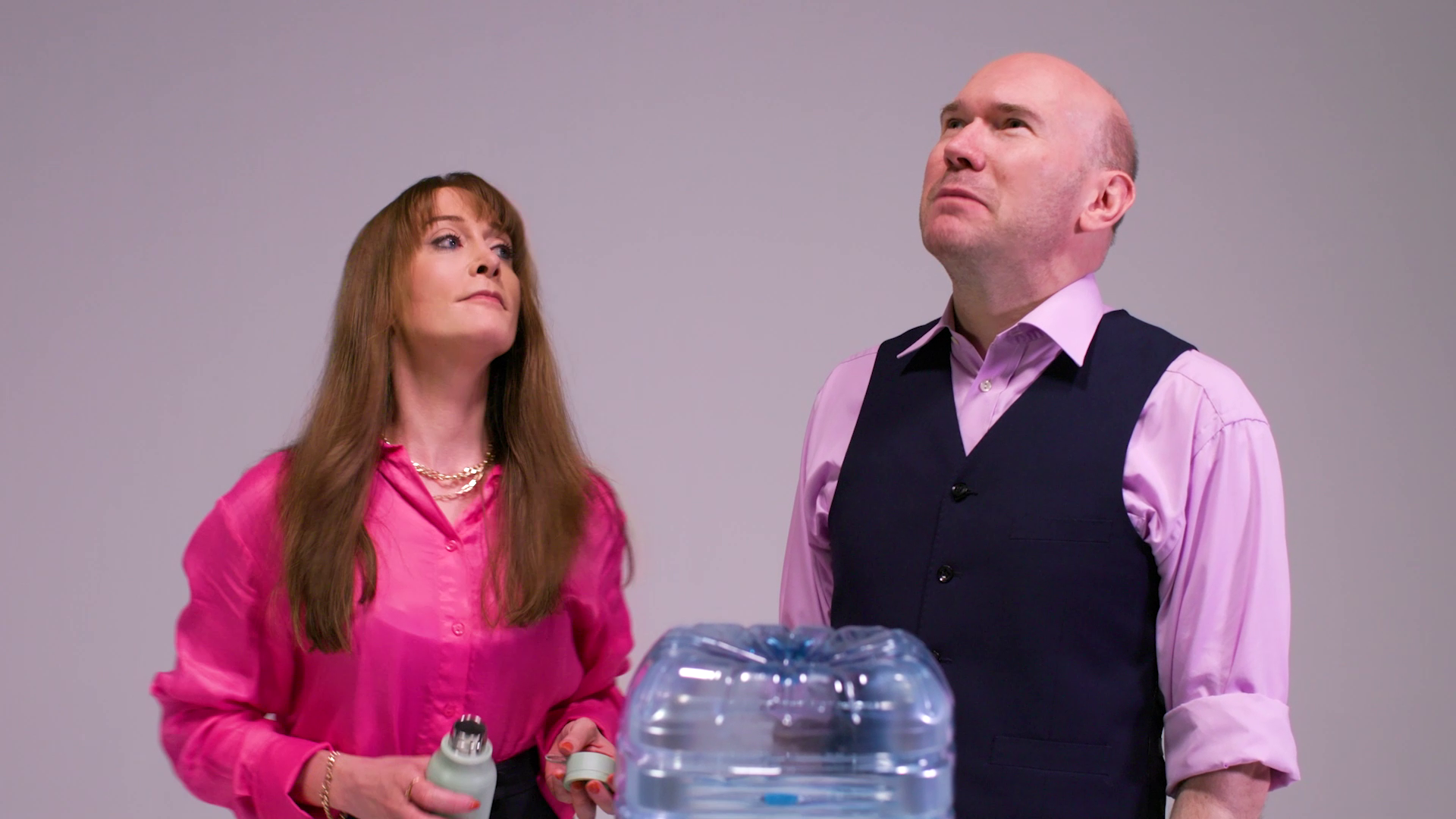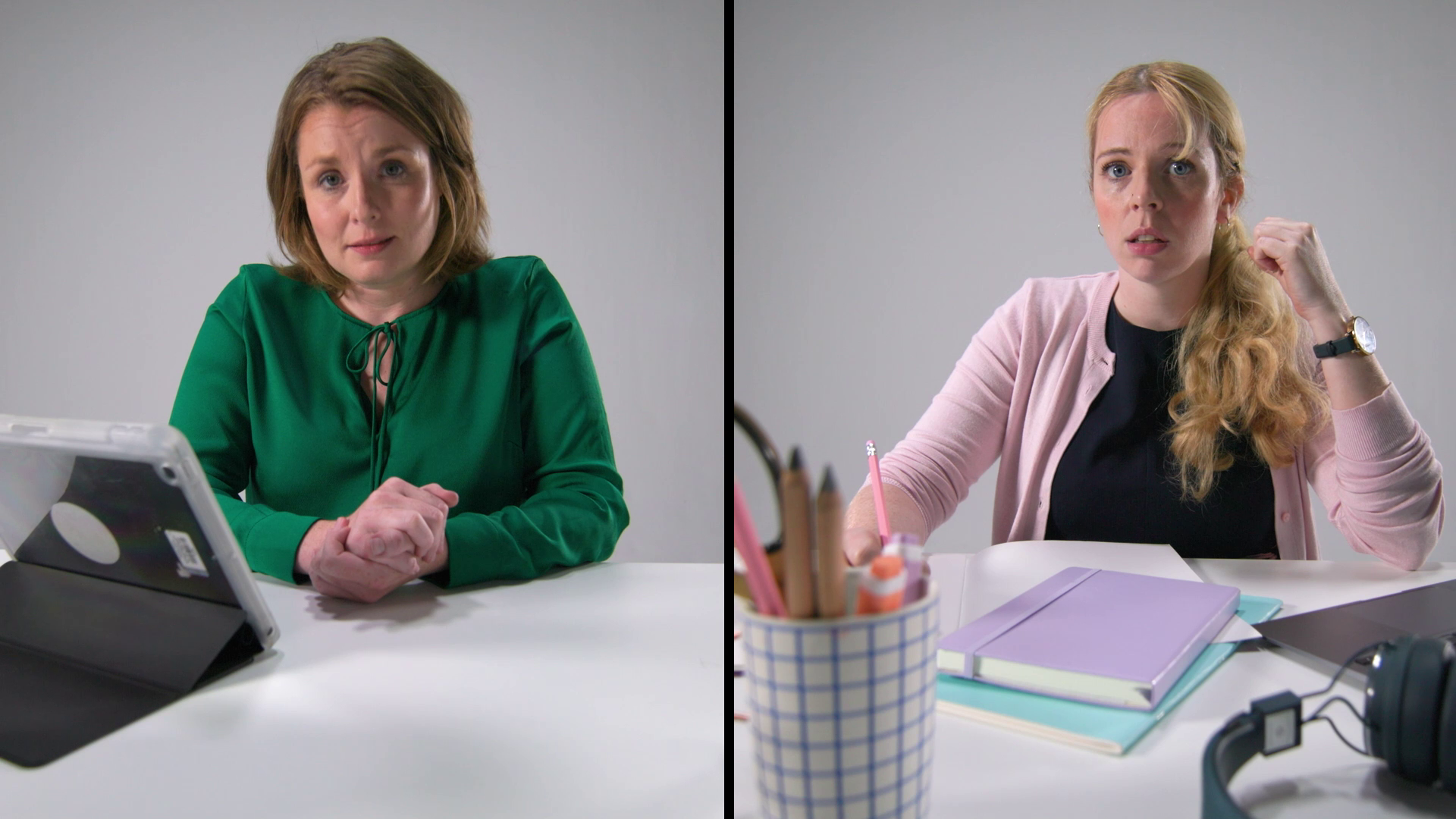What makes a high performing team? Is it sheer determination? An A-grade skillset? Simone Biles or Roger Federer on your roster? 😉
No shade to the sporting legends above, but high performance is actually all about how goals are achieved, not who’s achieving them. Without a shared foundation of trust, an emphasis on collaboration, and the collective purpose, teams will never be able to reach their full potential (no matter how many Roger Federers you have!).
As part of our Live and Learn podcast series, Video Arts recently spoke with James Farrell, Senior Manager of People Development and Culture, to discuss habits of high performing teams. Here’s some of his top tips from the conversation…
High performance begins with leadership
The onus should fall on leaders to build a culture and environment that facilitates high performance. It’s important to build a foundation of trust, where employees feel open to share feedback, communicate their needs and express any challenges they’re facing. Without that trust, true high performance isn’t possible.
Question everything
Not to prove things wrong, but to understand them. If we understand something better, then we can decide whether there’s room for improvement. High performance demands continual improvement, and this can only be achieved through curiosity.
Be open to ideas being debated and rejected
We’ve all got an ego, and sometimes it needs to be kept in check. Not all ideas are necessarily the right ideas – this doesn’t mean they’re bad, but letting go of our egos and allowing room for a bit of healthy challenge means we can ensure we’re making the right decisions for the team. Of course, having that solid foundation of trust we mentioned earlier is crucial for this to ensure people don’t feel attacked or undervalued.
Mine for conflict
Having a high performing team doesn’t mean there won’t ever be conflict. If you’re working together five days a week, often in quite close proximity with lots of communication, conflict is inevitable. However, if we encourage teams to speak up when they feel something’s not right instead of constantly trying to avoid conflict, we can move forward a lot more easily.
Listen to the full episode here!



